As we discussed in our ‘Incoterms® explained’ article, Incoterms® are reviewed more or less every ten years, with the latest version being Incoterms® 2020. The 2020 revision covers 11 different stages of delivery, with each Incoterm® specifying varying levels of cost, risk, and responsibility for an exporter. Incoterms® have nothing to do with payment methods or the point at which ownership passes from the seller to the buyer. They are concerned only with delivery and relate only to the seller and the buyer. This article focuses on Ex Works and its implications for the seller.

How Does it Work?
Every Incoterm® has a critical point where the seller’s risk ends and the buyer’s risk begins. The Incoterm® Ex works has the least risk, costs, and responsibility for an exporter. Under Ex Works, for which the international code is EXW, the critical point at which the seller’s risk, costs and responsibilities end is when the seller makes the goods available for collection at the named place of delivery (usually the seller’s premises). It then becomes the buyer’s responsibility to load the goods onboard the carrier, pay the freight cost to the importing country and customs clear the goods in both the exporting and importing countries. While the buyer would be responsible for loading the goods onto the carrier, they could request that the seller perform the task on their behalf. This task, however, is still undertaken at the buyer’s risk, and it is recommended that, before loading takes place, the seller requests the buyer sign a delivery note as evidence that the goods were received in good order.
When is Ex Works Used?
Many prominent international buyers prefer to buy on EXW because by purchasing under this Incoterm®, they are able to control the entire supply chain. However, the Incoterm® agreed upon in an international sales contract is a result of negotiation with your buyer. While Ex Works may seem like the most suitable Incoterm® for you as the seller, it may not be ideal for your buyer.

There are numerous nuances and essential factors to consider when working with Incoterms®, too many to summarise in a single article! Trade Forward Southern Africa, in collaboration with the International Trade Institute of Southern Africa, has created a free and comprehensive online training course that provides training on all aspects of Incoterms ®, including understanding the critical points of FOB, CIF and DDP. Click the links below to sign up for free and get started.
To sign up to the School of Export CLICK HERE.
If you already have a profile, CLICK HERE to login to begin the module.
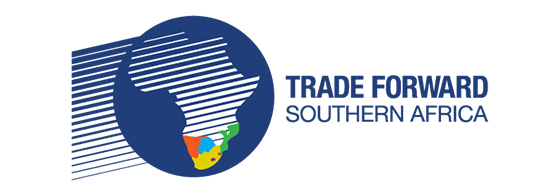
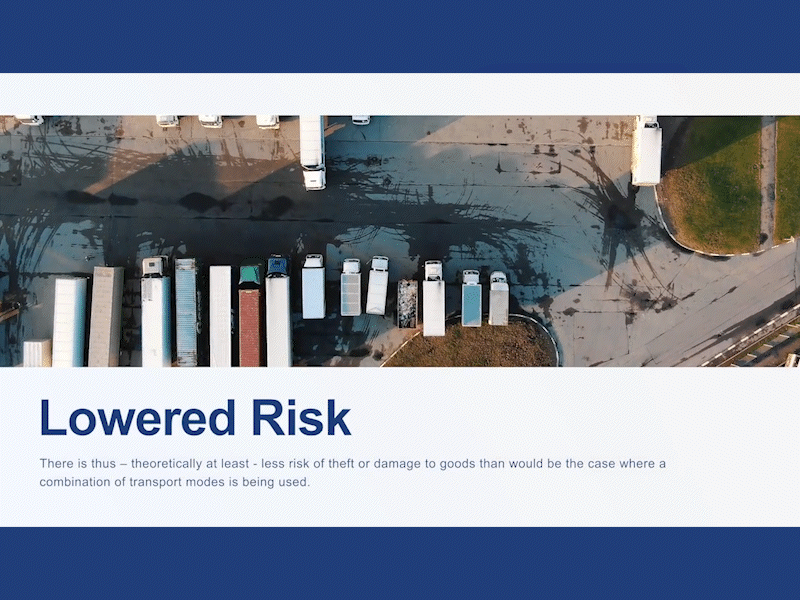
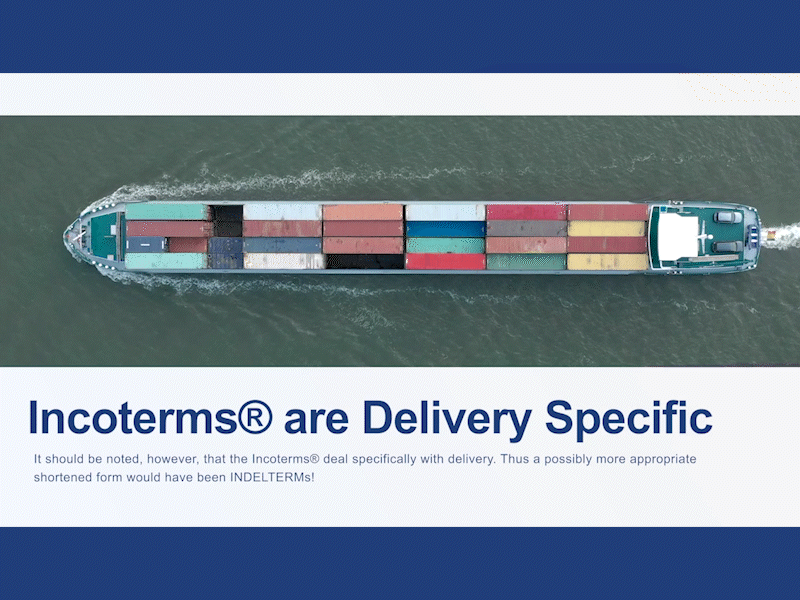
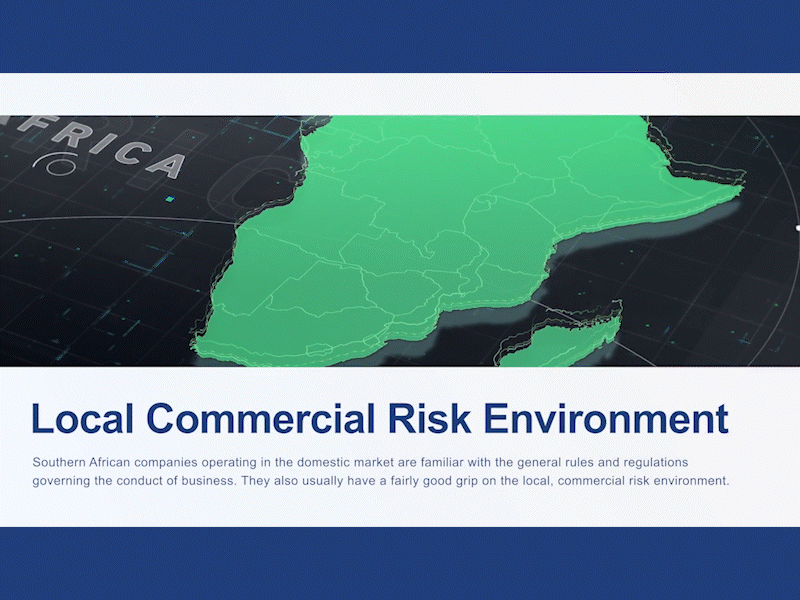
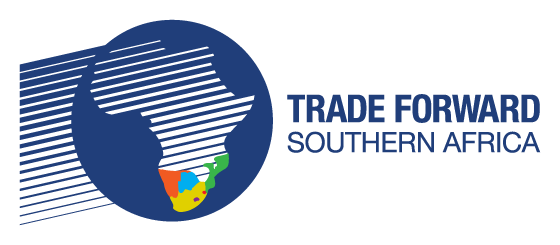





Leave a Reply